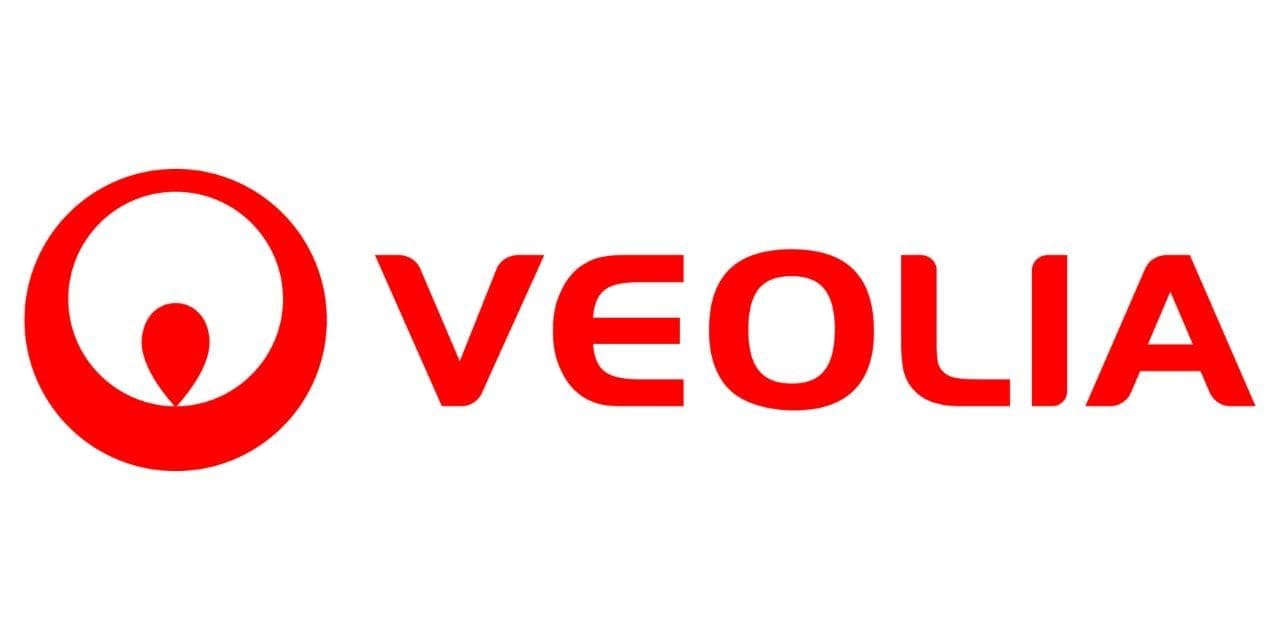Veolia, a multinational organisation with a presence in over 50 countries, specialises in water treatment, solid waste management, and digital solutions for waste management. Mr. Madabhushi oversees the management of solutions, chemical monitoring, and digital solutions for the wastewater treatment industry in the region.
Veolia’s business in India encompasses four major segments: products, projects, facility installation and commissioning, and services. They provide tailor-made water treatment products, and integrated solutions for clients’ specific requirements, manage the installation and commissioning of water treatment facilities, and offer operation and maintenance services.
With a track record showcasing their expertise, Veolia has executed over 500 large projects in the region.
Their flagship product, MBR (Membrane Bioreactor), has played a pivotal role in the success of projects involving Effluent Treatment Plants (ETPs) for both municipal and industrial spaces. Veolia aims to continue its recognition in the field and achieve zero liquid discharge in the thermal power industry.
Veolia’s unique selling proposition lies in its extensive operations, highlighted by 500 large projects, 3.5 lac membrane products sold, 750 MBR projects completed, and its presence at more than 35 sites in the region. These numbers serve as a testament to the reliability of partnerships in the water treatment industry.
Veolia caters to both municipal and industrial clients in India. Municipal solutions include addressing drinking water, sewage treatment through recycling, and desalination of seawater for potable use. They also provide effluent treatment and zero liquid discharge solutions for heavy, moderate, and light industries such as petrochemicals, sugar, and thermal power, treating a total of 11.4 million cubic metres of water per day.
The water-intensive textile industry in India faces significant challenges concerning discharged effluents. Veolia has successfully implemented MBR projects in neighbouring Bangladesh and envisions establishing more Common Effluent Treatment Plants (CETPs) to assist the textile industry. CETPs have proven to be a cost-effective and sustainable solution, as demonstrated by their implementation in Surat.
Sustainability is at the core of Veolia’s mission to “resource the world” through reuse and recycling. They aim to ensure responsible water usage due to the limited water resources on Earth. An exemplary project involved recycling municipal sewage from Mumbai’s Ghatkopar area to provide 20 million litres of high-quality industrial process water daily for a fertiliser client. This not only met the client’s needs but also positively impacted 30,000 families.
Veolia also incorporates sustainable practices in its offices, sourcing 25% of its power from solar energy and using harvested rainwater for 40% of its in-house water consumption.
In conclusion, Mr. Madabhushi emphasised Veolia’s industry leadership, including the installation of more than 2800 ETPs/STPs in the past 30 years and over 1.4 million modules in the MBR space.
Veolia’s pioneering use of PVDF material, capable of withstanding 600 Newtons of tensile strength, further solidifies its position as a leader in the water treatment management industry. With their innovative solutions and commitment to sustainability, Veolia aims to be the most reliable technology partner in achieving global sustainability goals.

